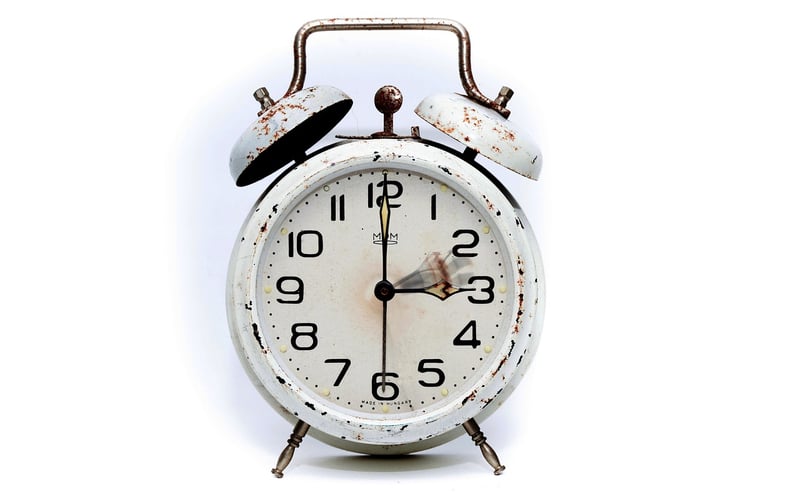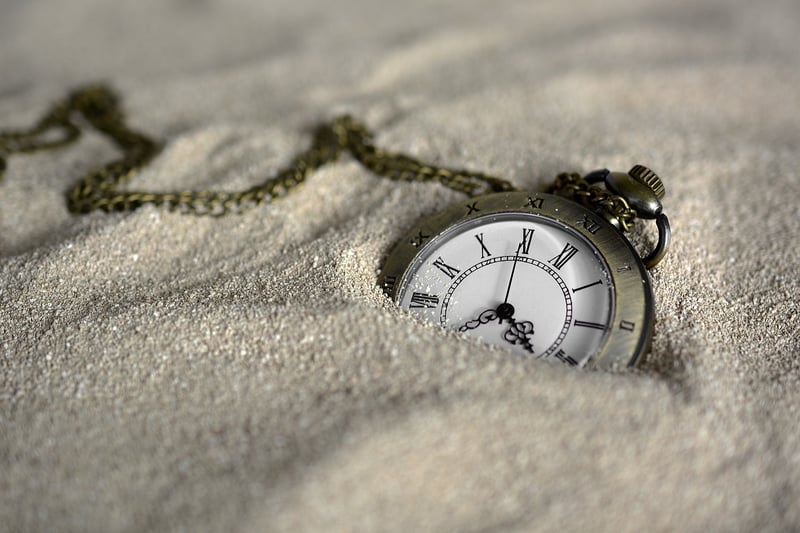Time Paradoxes
The Moral Implications of Time Travel
Time travel has been a popular subject in science fiction for decades, but what are the moral implications of such a phenomenon? Let's delve into the ethical considerations of altering the past and the potential time paradoxes that could arise.
1. Altering the Past
One of the primary moral dilemmas of time travel is the idea of altering the past. If individuals have the ability to change historical events, what impact could this have on the present and future? Would it be ethical to manipulate the past for personal gain or to prevent negative outcomes?
2. Butterfly Effect
The concept of the butterfly effect suggests that even small changes in the past can have significant consequences in the future. This raises questions about the unintended ramifications of altering historical events and the responsibility that comes with such power.
3. Time Paradoxes
Time paradoxes, such as the grandfather paradox or the bootstrap paradox, present further ethical challenges. These paradoxes involve scenarios where actions in the past contradict the present or future, leading to logical inconsistencies.
4. Ethical Considerations
When considering the moral implications of time travel, individuals must weigh the potential benefits against the risks. Is it justifiable to change the course of history, knowing the potential consequences? How should one navigate the complexities of altering the past while upholding ethical standards?
Conclusion
Time travel raises profound moral questions that force us to reflect on our values and the impact of our actions. As we continue to explore the possibilities of time travel in fiction and theory, it is essential to consider the ethical implications and strive to make responsible choices when faced with the power to change the course of history.

